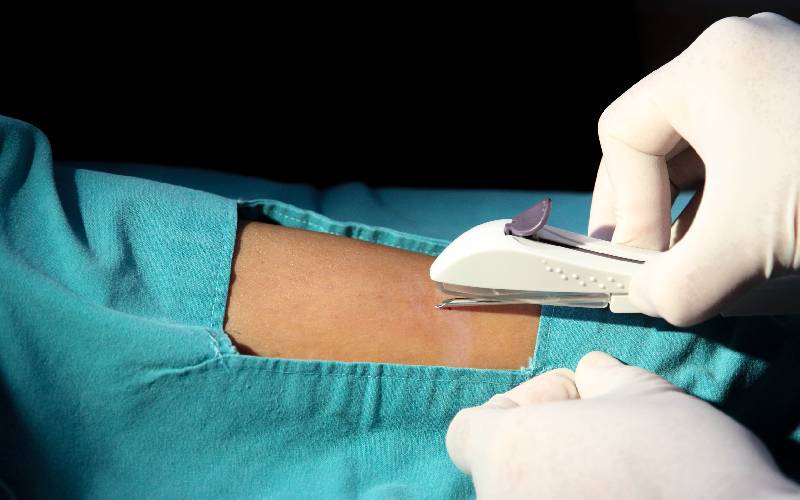×
The Standard e-Paper
Smart Minds Choose Us

Many women are living with expired, undesired, or injurious coils and implants as they cannot afford to have them removed.
Women with expired devices, suffering intolerable side effects, or want a child, have to beg, plead, cajole or bribe health workers to remove them. “You either bribe or stay with the device until you can raise some money,” groups of women recently told researchers in Western Kenya.